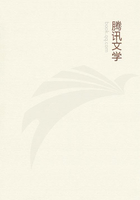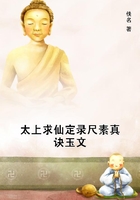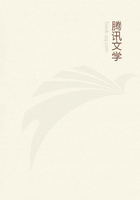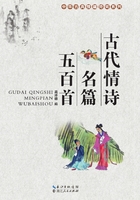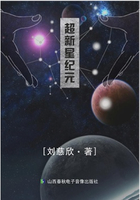6a. Older psychology, following the method of Spinoza's famous doctrine of emotions, generally offered all kinds of logical reflections about emotions, for a theory of emotions or even for description of them. In recent times, on the other hand, the expressive movements and the other concomitants of emotion in the changes of innervation in pulse, respiratory organs, and blood-vessels, have attracted the most attention. Still, these phenomena, which are indeed valuable when rightly interpreted, are often used in a very wrong way as a means for the investigation of the psychological nature of affective processes. This has in turn led to a classification of emotions based entirely on their physical characteristics, and the strange theory has gained adherence that emotions are nothing but the results of expressive movements. The emotion of sorrow, for example, is regarded as made up entirely of the sensations that come from the mimetic of weeping. In a somewhat more moderate way the attempt has been made to use the expressive movements characteristics whose presence may be [p. 175] regarded as a mark to distinguish emotions from feelings. This is, however, unjustifiable since similar physical expressive phenomena appear even for the feelings, and the minor circumstance that these symptoms are in one case externally more or less clearly visible, evidently can not be decisive. The essential difference between emotion and feeling is psychological. The emotion is made up of a series of feelings united into a unitary whole. Expressive movements are the results, on the physical side, of the increase which the preceding parts of such a series have on those succeeding. It follows directly that the deciding characteristics for the classification of emotions must be psychological (cf. inf. 9).
7. Though important constituents of emotions, the physical concomitants stand in no constant relation to the psychical quality of the same.
This holds especially for the effects on pulse and respiration, but also for the pantomimetic expressive movements of stronger emotions. It may sometimes happen that emotions with very different, even opposite kinds of affective contents, may belong to the same class so far as the accompanying physical phenomena are concerned. Thus, for example, joy and anger may be in like manner sthenic emotions. Joy accompanied by surprise may, on the contrary, present the appearance, on its physical side, of an asthenic emotion. The general phenomena of innervation which give rise to the distinction between sthenic and asthenic, and rapid and sluggish emotions, do not show the character of affective contents of these emotions, but only the formal attributes of the intensity and rapidity of the feelings. This is clearly proved by the fact that differences in involuntary innervation analogous to those which, accompany the different emotions, may be produced by a mere succession of indifferent impressions, as, for example, by the strokes of a metronome. It is observed in such a case that especially the respiration tends to adapt itself to [p. 176] the faster or slower rate of the strokes, becoming more rapid when the rapidity of the metronome increases. As a rule, too, certain phases of respiration coincide with particular strokes. To be sure, the hearing of such an indifferent rhythm is not unattended by emotion. When the rate changes, we observe at first a quiet, then a sthenic, and finally when the rapidity is greatest an asthenic emotion. Still the emotions in this case have to a certain extent a mere formal character; they exhibit a great indefiniteness in their contents. This indefiniteness disappears only when we think into them concrete emotions of like formal attributes. This is very easy, and is the condition of the great utility of rhythmical impressions for describing and producing emotions. All that is necessary to arouse an emotion in all its fulness is a mere hint of qualitative affective content, such as it is possible to give in music through the clangs of a musical composition.
7a. It follows from this relation of the physical effects to the psychical content of emotions, that the former can never be put in the place of the psychological observation of the emotions. They are general symptoms, but of such equivocal character that, though they are of great value when connected with introspection controlled by experimental methods, alone they have no value whatever. They are especially useful as cheeks for experimental introspection. The principle that the observation of psychical processes which present themselves in the natural course of life is entirely inadequate, holds especially for the emotions. In the first place, emotions come to the psychologist by chance, at moments when he is not in a condition to subject them to scientific analysis; and secondly, in the case of strong emotions whose causes are real we are least of all able to observe ourselves with exactness. This can be done much more successfully when we arouse in ourselves voluntarily a particular emotional state. In such a case, however, it is not possible to estimate how nearly the subjectively aroused emotion agrees in [p. 177] intensity and mode of occurence [ sic ] with one of like character due to external circumstances. For this purpose the simultaneous investigation of the physical effects, especially of those most removed from the influence of the will of those on the pulse and respiration, furnishes a check for introspection. For when the psychological quality of emotions is alike, we may infer from their like physical effects that their formal attributes also agree.


